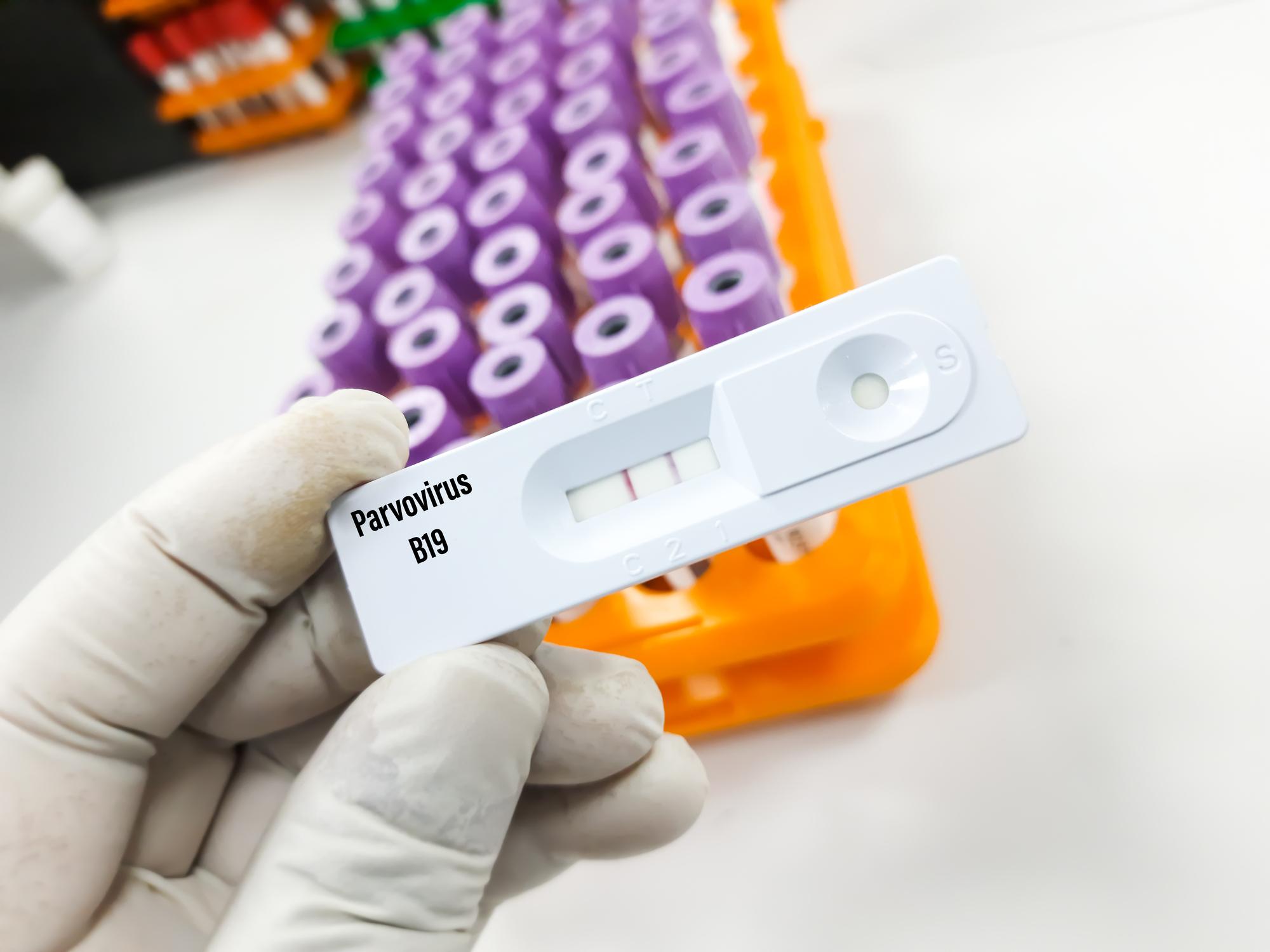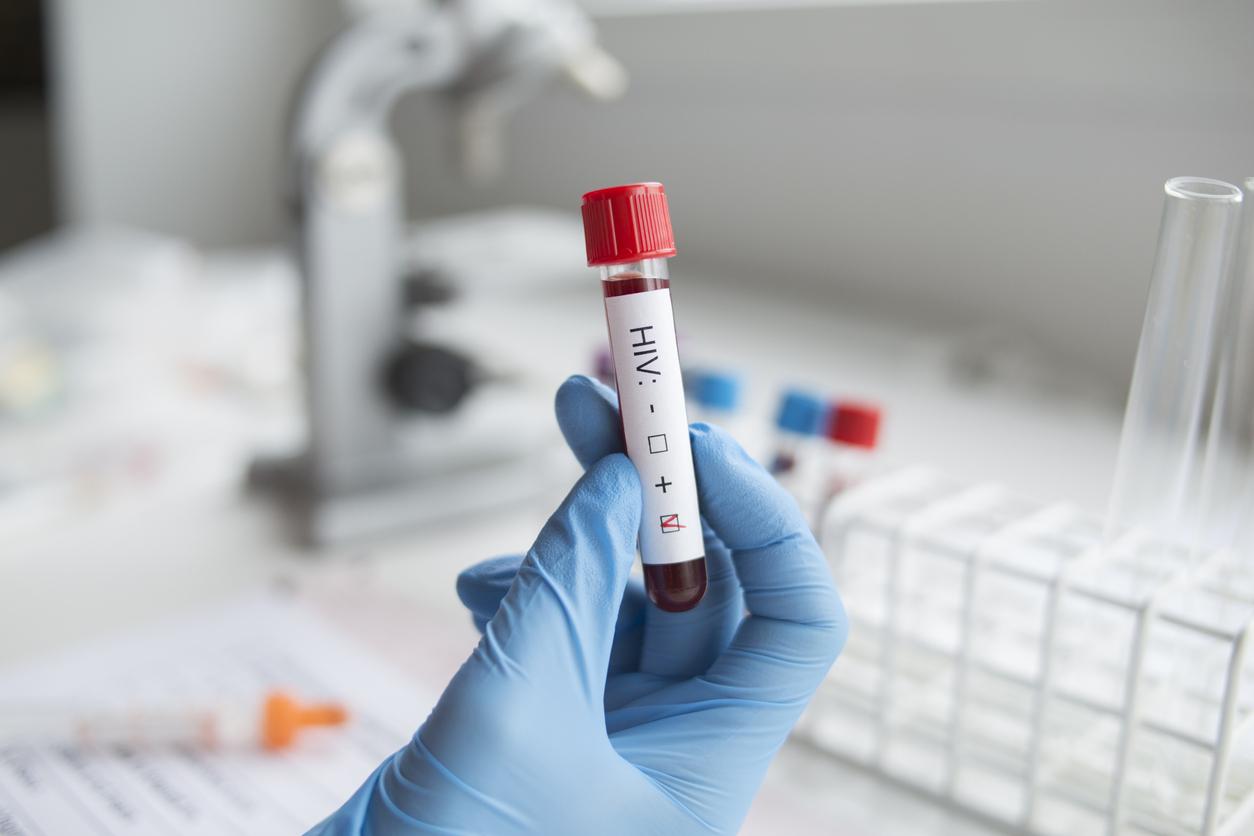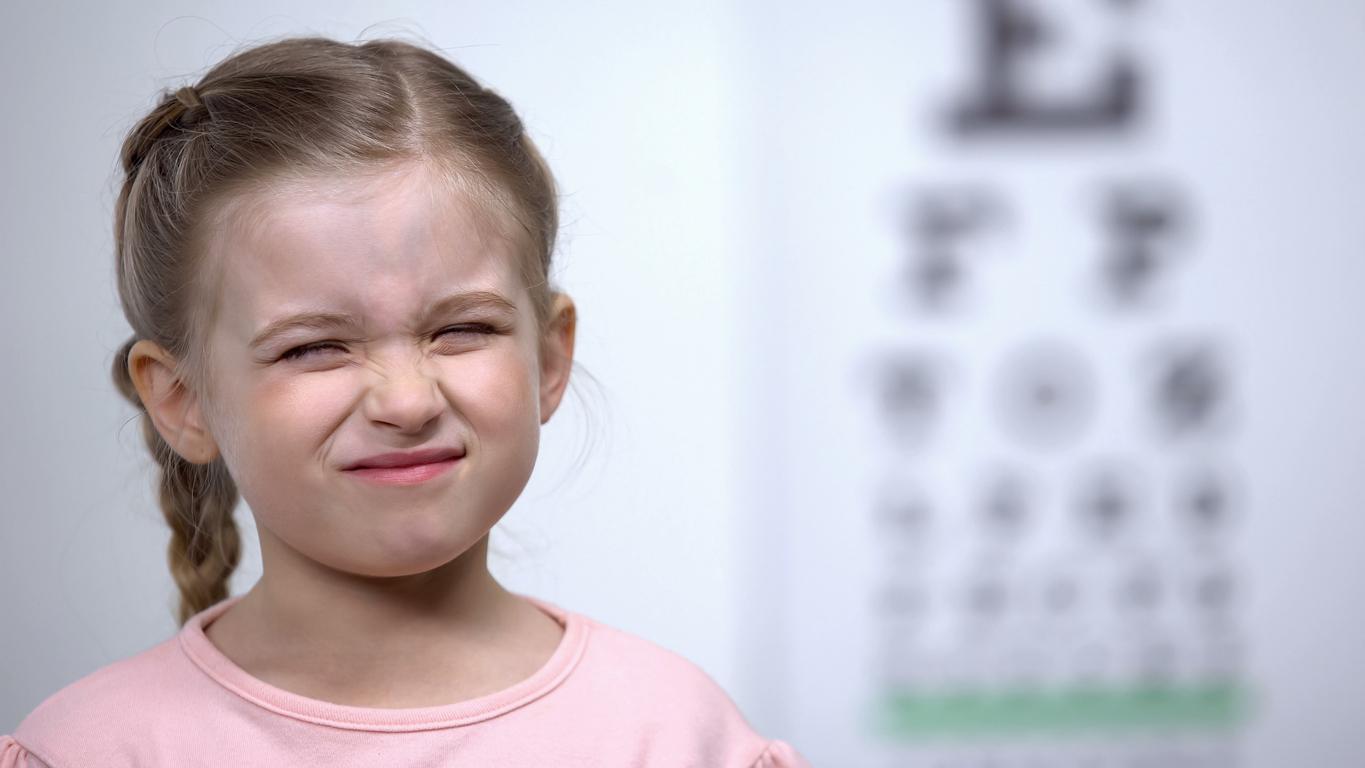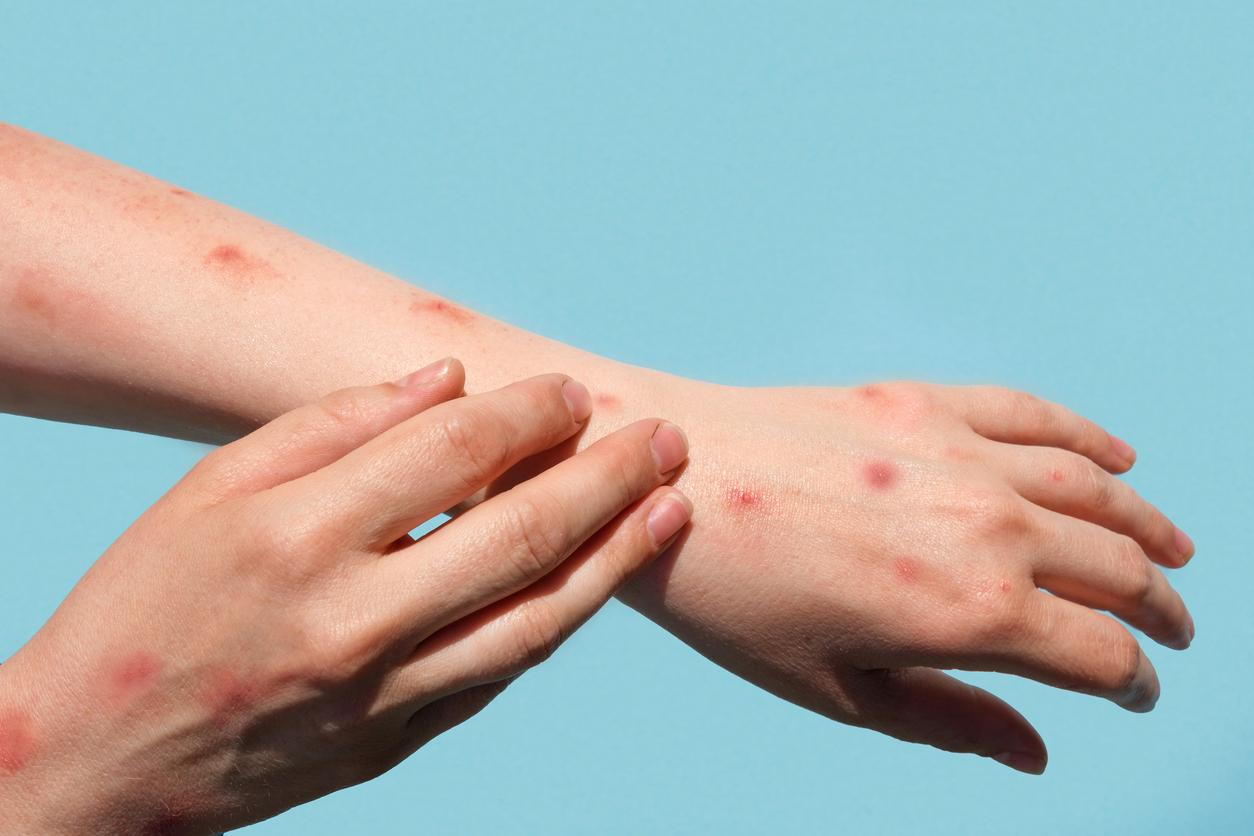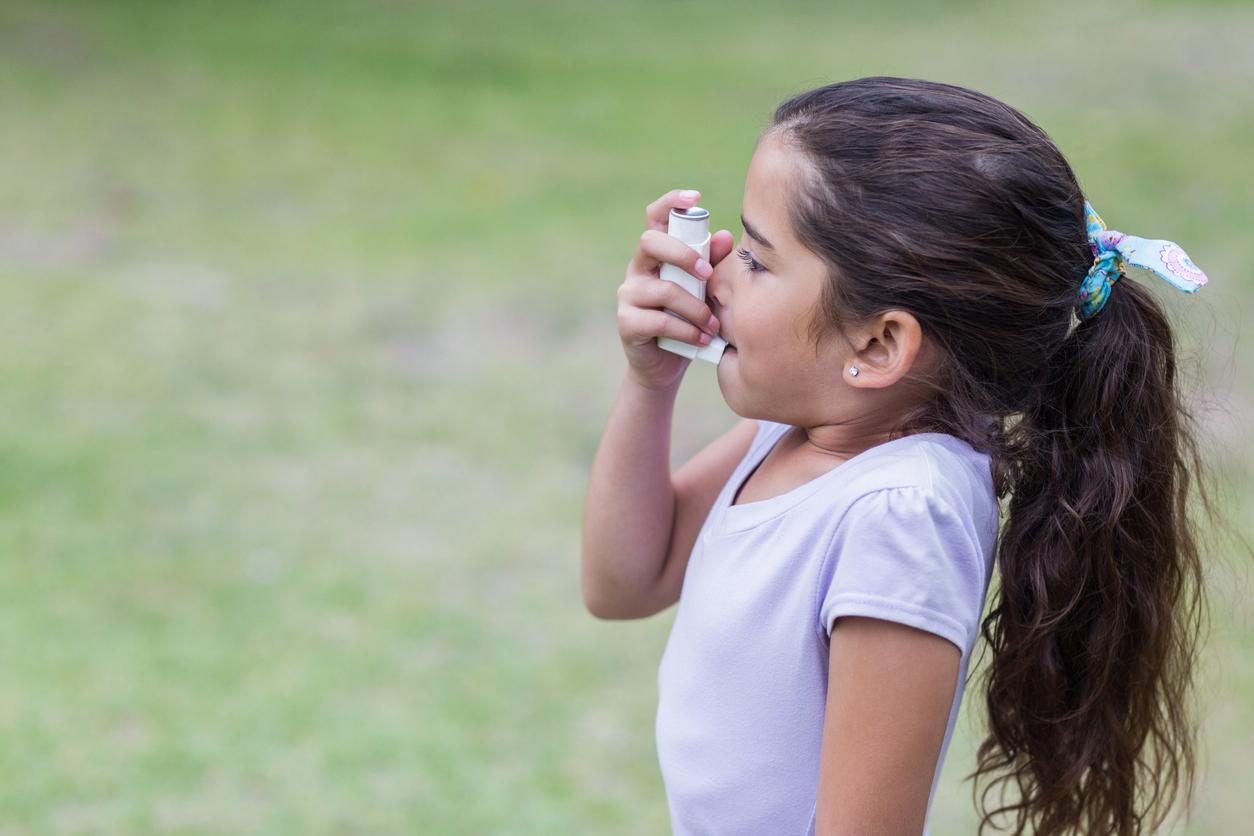As young French people prepare to return to school on May 11, a German study reveals that children “could be as contagious as adults”. This news comes in a context where alarming infant cases are recorded in the country. At the same time, Public Health France itself insists on the difficulty of assessing the circulation of SARS-CoV-2 among minors. Why Doctor takes stock.
-1588773644.jpg)
Less than a week before the reopening of nurseries, schools, colleges and high schools in France, researchers from the university of bonn (Germany), have come to a worrying discovery. According to the studyconducted by Dr. Christian Drosten — the virologist who advises Angela Merkel — children”could be as contagious as adults”.
Indeed, after analyzing data from 3,712 patients with Covid-19, scientists concluded that “the viral load in very young people does not differ significantly from that of adults. Based on these results, we must warn against an unlimited reopening of schools and nurseries in the current situation”write the researchers.
More and more children affected by an emerging inflammatory disease
This warning comes on top of the emergence of alarming childhood cases reported from the end of April in the UK, Spain, France, Italy and the US. They were mentioned for the first time on Monday April 27, in the United Kingdom, when the Pediatric Intensive Care Society said he received an alert from the health services over the weekend. In question : “A slight increase in the number of sick children in critical condition with an unusual clinical picture”according to communicated.
While most young patients tested positive for Covid-19, this was not the case for all. They nevertheless had several common symptoms, such as features of toxic shock syndrome, as well as “an atypical form of Kawasaki disease [une maladie infantile rare caractérisée par une atteinte du cœur et des vaisseaux, NDLR] with blood parameters consistent with severe cases of Covid-19.” Other similarities: abdominal pain, gastrointestinal symptoms and heart inflammation.
Italy, France, Spain, the United Kingdom and the United States concerned
On April 27, theSpanish Pediatric Association in turn pointed to the emergence of similar cases for two weeks in the country. In Italy, the Corrierre della sera reported on April 28 that an emergency pediatrician in Bergamo had identified these cases in his hospital as early as April 21. In France, Olivier Véran, the Minister of Health, spoke about this on Franceinfo on April 29, stating that he had received an alert “from Parisian teams”. These informed him that, in France, “about fifteen children present symptoms of fever, digestive and a fairly general vascular inflammatory syndrome which can cause heart failure.”
According to Releasethe crisis medical director of the AP-HPBruno Riou, indicated in a note of April 29 intended for the doctors of the group “that 21 cases precisely are currently being taken care of in pediatric intensive care units. A 16-year-old girl is also in intensive care at Pitié-Salpêtrière”. According to our colleagues, the document mentioned other cases in Reims, Nancy, Bordeaux, Montpellier, Chambéry and Lyon.
“A little over fifty children are concerned in Paris”
New cases have always been recorded in France since the beginning of the month, as reported by Professor Damien Bonnet, head of the congenital and pediatric cardiology department at Necker-Enfants Malades Hospitalin Paris, in an interview with Marianne May 5.
“[Dans l’établissement], there are about three children hospitalized a day for this new form of Kawasaki disease, admitted to intensive care units, but not all in intensive care. This rhythm has not changed for ten days now. If we mix all the severe and serious forms – because not all the children are in intensive care – a little more than fifty children are concerned in Paris”says the doctor.
Fifteen children aged 2 to 15 hospitalized in New York
Similarly, as reported by AFP, whose Le Figaro echoed on May 5, 15 children aged 2 to 15 were hospitalized between April 17 and 1er May in New York. Each of them required respiratory or cardiac support, or both. Cases have also been identified in Philadelphia, as well as Boston. If the link with Covid-19 has not yet been established, Public health France indicated on his site that a “40 cases are currently under investigation” in France and that they “are likely related to symptomatic or non-symptomatic infection with SARS-CoV-2.”
The vague inventory of Public Health France
These data darken the inventory of the scientific literature on the date of April 24, 2020, drawn up by the agency which depends on the Ministry of Health. Indeed, in a 28-page document published on May 4, Public Health France offers a rather vague summary of Covid-19 in children. She had set herself the objective of assessing the benefits and risks of the reopening of nurseries, schools, colleges and high schools on May 11.
If the institution recalls that “available data on Covid-19 in children are still limited”she indicates that they “seem as prone to Sars-CoV-2 infection as adults.”, citing figures from China, South Korea, as well as Iceland. Nevertheless, Public Health France notes that the number of pediatric cases of new coronavirus reported in the world are in the minority, particularly in China, Italy, the United States and France. Indeed, they represent 1 to 5% of all people diagnosed.
“Transmission from infected children is possible but has not been observed”
In question : “Most infected children present asymptomatic or mild forms”, recalls Public Health France. It is therefore not easy to clearly define the role of those under 18 in the spread of the virus. “Transmission from infected, possibly asymptomatic, children is possible but has not been observed”, notes the agency. Likewise, it has been observed that almost 90% of infected miners “were through intrafamilial exposure to a suspected or confirmed case in an adult.”
Thus, the inventory emphasizes the difficulty of assessing the circulation of SARS-CoV-2 among minors, and, in fact, of determining the consequences of the reopening of classes from May 11 on the control of epidemic. In addition, it is important to remember that this summary does not take into account data collected after April 24, 2020, i.e. a few days before the emergence of cases of children hospitalized for worrying inflammatory reactions.

Below, the interview of Pr Robert Cohen on the study which underlines the degree of contagiousness of the children:
.









